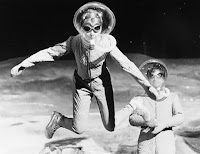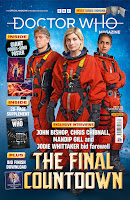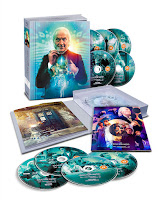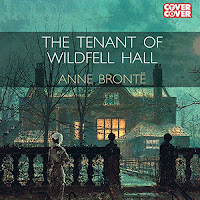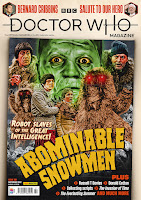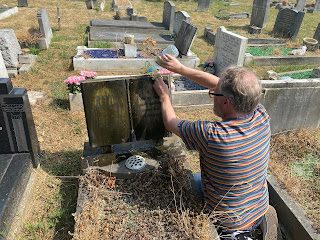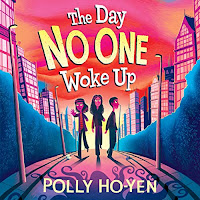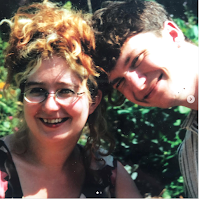"Ideas do not operate in a social vacuum. Much of what follows explores the many ways in which ideas were communicated and how extensively, socially and geographically. The discourse did not remain the preserve of an isolated cultural elite but flourished in the first real age of mass communication." (p. 5)
He lists the uptake of radio licenses, the sales of cheap paperbacks, the wide variety of lectures and summer schools, even the instructional films on frank subjects (ie sex).
"British society had a thirst for knowledge and a mania for voluntary associations willing to supply it. The state played a part in this process by developing more sophisticated statistical measurement and applying this to areas of policy or by identifying areas of key public concern which the government could review. The government enquiries on the trade in arms, on sterilisation policy, mental defect, population development and the depressed areas supplied ammunition for the public debates on social degeneration, economic crisis and war." (p. 375)
Historical incidents are used to show how people took or shifted positions. There's nothing on the "Spanish" flu and little on the Wall Street Crash, presumably because they didn't challenge people's previously held views. But there's lots on how the Spanish Civil War challenged the large and well-organised pacifist cause. For example, Overy quotes Julian Bell, nephew of Virginia Woolf, in a letter from 1937 to EM Forster as Bell made his way to fight - and die - in Spain:
"At this moment, to be anti-war means to submit to fascism [and] to be anti-fascist means to be prepared for war." (p. 339, in a section quoting from PN Furbank's EM Forster: A Life (London, 1977), pp. 223-4, and Mepham's Virginia Woolf, pp. 168-9.)
Overy details the impact that this and Bell's death had on this literary circle, many of whom initially held to their prior anti-war convictions. This then dovetails with the Prime Minister's efforts to avoid conflict with Hitler, and the gradual shift in public attitudes in the lead up to the Second World War.
"The most remarkable convert was the pacifist philosopher Cyril Joad, whose absolute renunciation of war was reiterated publicly right up to its outbreak and beyond. After wrestling with his convictions for some months in 1940 he experienced a dramatic change of heart. Writing in the Evening Standard in August 1940 under the headline 'I Was a Life-long Pacifist, but Hitler Changed my Mind', Joad explained that the things he valued about England - 'the free mind and the compassionate heart, the love of truth ... of respect for human personality' - were absolutely endangered by a Hitler victory which would usher in a Dark Age." (p. 352)
[Note to self: this is, broadly, the same kind of shift embodied in Alydon the Thal in the first Doctor Who story to feature the Daleks.]
What really struck me is the fatalism in all this: the widespread sense that while it might have been necessary to go to war with Hitler, such conflict would more likely end than save civilisation. That sentiment, I think, haunts The Lord of the Rings (I've been listened to the BBC radio version recently, more of which anon). It adds something to what I've been told about my grandparents' hastily arranged weddings (in September 1939 and 1940 respectively). It permeates into the book I'm writing now on David Whitaker, and his fatalistic view that history cannot be changed and we are simply swept along in its course. Yes, an idea to shift the ground beneath me.
Overy opens the book with the recollection of a telling conversation with the historian Eric Hobsbawm in which,
"he told me that he could remember a day in Cambridge in early 1939 when he and some friends discussed their sudden realization that very soon they might all of them be dead. This did strike me as surprising, and it runs against the drift of the [Hobsbawm] memoirs, in which he argued that communists were less infected by pessimism than everyone else because of their own confidence in the future." (p. xiii)
Even the faithful shared - if just on one day - that sense of foreboding. But then they were swept on.









.jpg)







